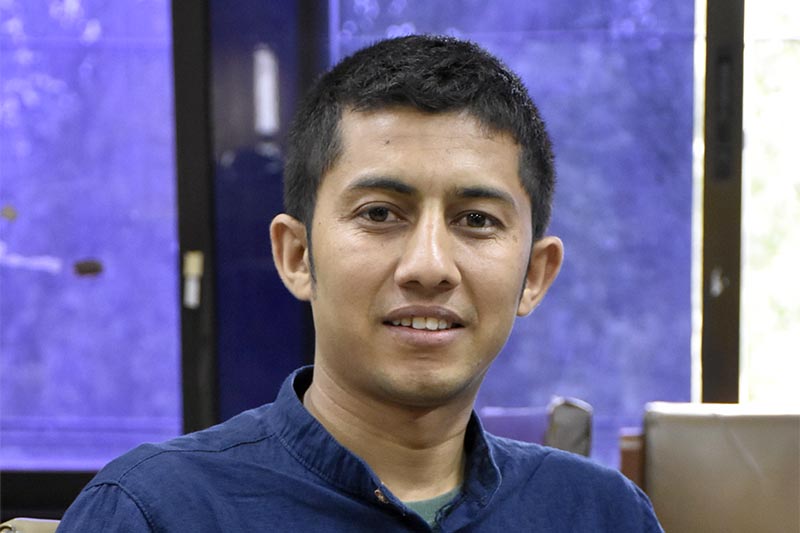Ex-child combatants seek rehabilitation package
Kathmandu, August 26
Former disqualified child combatants are frustrated that years after being disqualified by the United Nations Mission in Nepal they have not got financial or other support from the government.
Lenin Bista, a disqualified child combatant, said he wanted the government to provide vocational training to former child combatants, enough financial assistance to support their self-help schemes and scholarship to their children.
“Most disqualified combatants are past school-going age and cannot pursue their studies. The best option is to provide them with one-time financial assistance and their children with scholarship,” he said. He added that financial assistance alone would not be enough to improve living conditions of the disqualified combatants. “If the government keeps giving us money, we may develop a habit of dependence on the government. The government should help build our capacity instead,” he added.
Another former child combatant, Tulasi Nepal of Okhaldhunga, said the state and the erstwhile Maoist party should apologise for the mistakes they committed during conflict. “We have only got the tag of disqualified combatants,” he added.
He said the best way to address the concerns of disqualified combatants would be to give them shares in mega projects and cooperative schemes.
Bista said the KP Sharma Oli government had announced Rs 2 lakh each for all disqualified combatants, but they had not got a penny, as the Supreme Court was moved against the government’s decision. The case is still sub judice.
“The government should at least hold talks with us to know what we want,” said Bista. “We had dreamt of establishing an egalitarian society, but we do not earn enough to ensure even two meals a day for our family,” added Bista. He said those who recruited children during conflict should apologise for their mistakes and support a campaign to outlaw recruitment of child soldiers.
Bista added that there was a wrong perception about child soldiers. “People have the wrong perception that we are violent and aggressive. They do not know how well we can play the role of peace makers across the country,” he added.
Informal Sector Service Centre Chairperson Subodh Raj Pyakurel said the erstwhile CPN-Maoist Centre which secured assistance for conflict victims, did not do anything to make provisions for assisting former child combatants because they feared that if they pleaded for child combatants, it could boomerang on them. “Recruiting child soldiers is a serious human rights violation,” he added.
Pyakurel said the government needed to have comprehensive plan for the integration of disqualified combatants who are uneducated and are past the school-going age.
“They want to invest in hydel power and are seeking low-skill jobs in big projects. I think the government can easily meet their demands,” he said.
Nepal Communist Party (NCP) leader Mani Thapa said his party leaders were busy with bigger political issues and could not pay enough attention to rehabilitation of disqualified combatants. “Rehabilitation of disqualified combatants is also a part of the peace process that needs to be completed,” he said.
Altogether 2,973 fighters were disqualified from the Maoist army as minors in a UN verification process. Another group of 1,035 were disqualified because they were recruited after the ceasefire in May 2006 that ended the armed conflict.
According to UNMIN, roughly one-third of those disqualified were females.






